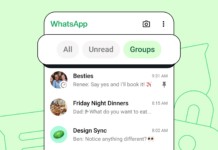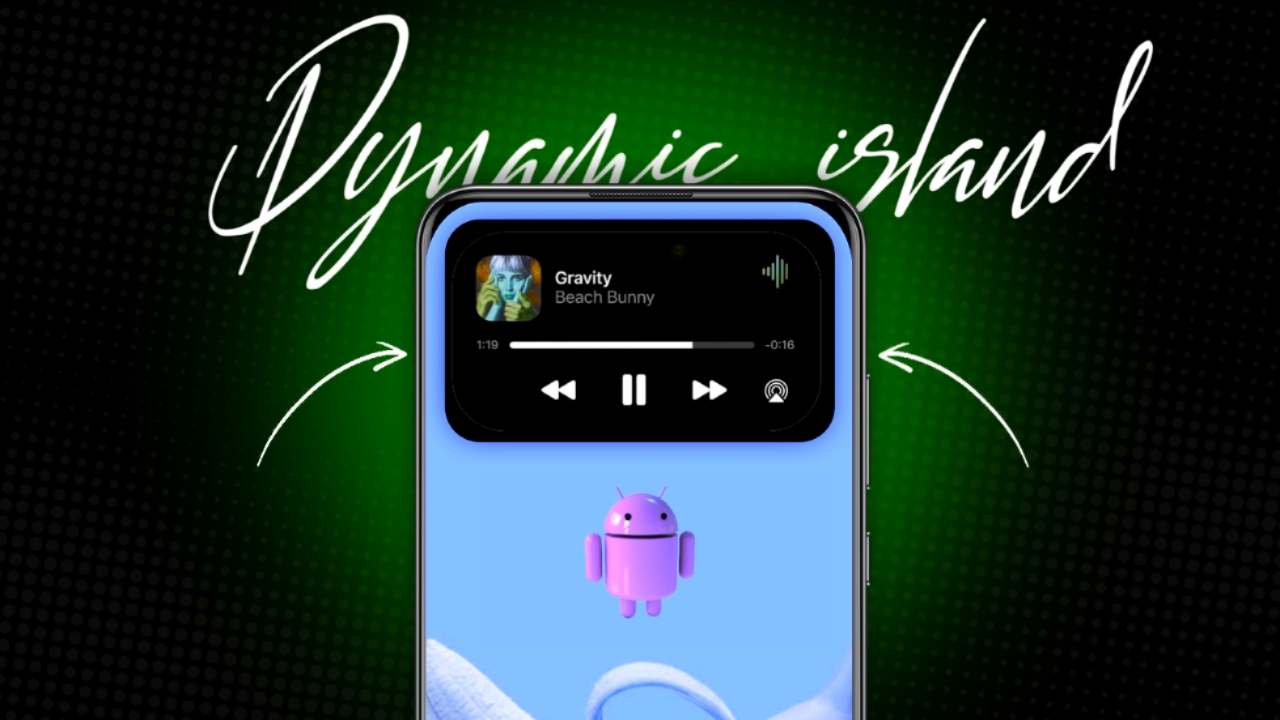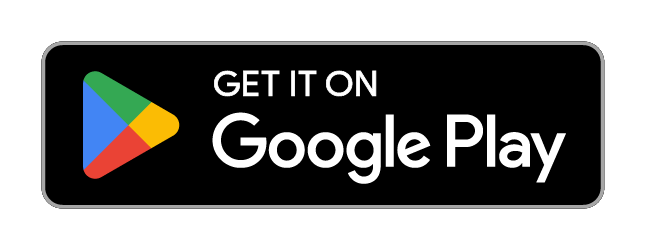In the ever-evolving landscape of messaging apps, where Facebook-owned WhatsApp reigns supreme, it becomes crucial to consider alternatives that cater to diverse preferences and address privacy concerns.
This article will delve into the realm of messaging apps, presenting the 12 best WhatsApp alternatives for 2024.
In a market saturated with options, these alternatives offer unique features, security enhancements, and a break from the status quo.
also read: Top 8 WhatsApp Text and Font Tricks You Should Try in (2024)
12 Best WhatsApp Alternative Apps for 2024:
- Telegram Messenger
- Signal Private Messenger
- Discord
- Messages by Google
- Bridgefy
- Kik
- Snapchat
- Skype
- Keybase
- Viber
- Session
- LINE
1. Telegram Messenger: A Powerhouse of Features
Telegram Messenger has long held the position of the best WhatsApp competitor, and its status remains unchanged.
This open-source messaging app not only provides standard messaging features but also introduces innovative elements such as supergroups, public channels, and the ability to share files up to 2 GB.
Telegram excels as a versatile and secure messaging platform with features like passcode lock, self-destructing messages, and end-to-end encryption in secret chats.
Telegram’s cross-platform compatibility allows users to seamlessly transition between devices, offering a level of flexibility not found in WhatsApp.
The inclusion of Telegram Bots further enhances the user experience by providing real-time information and even entertaining games within the app.
2. Signal Private Messenger: Prioritizing Security
Developed by the organization behind WhatsApp’s encryption technology, Signal Private Messenger stands as a beacon of privacy and security.
Offering self-destructing messages, screen security to prevent screenshots, and end-to-end encryption across various facets of the app, Signal ensures that user data remains confidential.
With a commitment to user privacy, Signal does not link any data to individual identities, providing a secure environment for communication.
The emphasis on encryption extends to backups, calls, and every other form of data within the app, making Signal a robust alternative for those prioritizing privacy.
3. Discord: Beyond Gaming
Discord, initially known as a platform for gamers, has evolved into a versatile messaging app with robust direct messaging functionality.
While Discord servers cater to various interests, the app’s direct messaging (DM) features often go overlooked.
Users can send messages, emojis, emotes, GIFs, and even documents through DMs.
The flexibility extends to voice and video calls, making Discord a compelling alternative for those seeking a more dynamic messaging experience.
Uninstalling WhatsApp and installing Discord might be a decision worth considering, especially for those looking to explore a broader range of features beyond conventional messaging apps.
4. Messages by Google: Unconventional Yet Effective
Google’s RCS messaging service, available through the Google Messages app, presents an unconventional yet effective alternative to WhatsApp.
While limited to Android users, the service has seen significant improvements.
By enabling RCS (Rich Communication Services) in the settings, users unlock a secure method of sending messages across devices.
RCS encrypts messages, surpassing the limitations of SMS, and the Google Messages app integrates seamlessly with GBoard.
With features like smart replies, stickers, GIFs, and suggested actions, Google’s RCS messaging service offers a unique messaging experience within the Android ecosystem.
5. Bridgefy: Messaging Without Internet
One of the main challenges with online messaging apps like WhatsApp is their dependence on an internet connection.
Bridgefy addresses this limitation by providing an offline messaging solution.
By creating a peer-to-peer Bluetooth mesh network or Wi-Fi direct-based network on the user’s phone, Bridgefy allows messaging without relying on a mobile network or internet connection.
Bridgefy’s three main messaging services—Person-to-Person mode, Broadcast mode, and Mesh mode—enable users to send messages to friends, broadcast to groups, and utilize other users as nodes for long-distance communication.
This offline messaging app proves invaluable in situations where internet connectivity is unreliable, such as music festivals, sports events, and natural disasters.
The app has even become a refuge for protesters worldwide, enabling them to circumvent government-imposed internet censorship.
6. Kik: Privacy Without Sharing Numbers
Kik addresses a specific concern for users who are hesitant to share their personal phone numbers with messaging platforms.
Unlike WhatsApp, which requires users to use their phone numbers, Kik operates solely with email IDs. Upon signing up, Kik generates a unique username for each user, enhancing privacy.
Despite this unique approach, Kik does not compromise on essential messaging features. Users can still enjoy text messages, emojis, stickers, GIFs, photo sharing, video sharing, and group chats.
The support for bots adds an extra layer of engagement, allowing users to play quizzes, get fashion tips, and receive the latest news.
7. Snapchat: Messaging with a Twist
While primarily known as a social media app, Snapchat has grown into a platform frequently used for messaging.
Unique features such as self-destructing messages and real-time notifications when someone takes a screenshot of chats set Snapchat apart.
The app also boasts an extensive collection of face masks, making it a fun and innovative messaging experience.
Snapchat’s messaging features extend to group chats, voice calls, group voice calls, and the inclusion of GIFs.
The platform’s innovative features often serve as inspiration for features later adopted by competitors like WhatsApp and Facebook Messenger.
8. Skype: A Business-Backed Communication Hub
Skype, backed by Microsoft, is renowned as one of the best business chat applications. While its progress in personal chats has been overshadowed by its business reputation, Skype remains a powerful tool for personal communication.
Skype excels in making overseas calls, providing superior sound and video quality.
The app’s group video call functionality sets it apart from many competitors, especially for users who engage in frequent video calls with friends and family.
Despite its business-oriented image, Skype proves its worth in personal communication.
9. Keybase: Open-Source Privacy
Keybase distinguishes itself as an open-source secure chat application focused on user privacy.
With end-to-end encryption and a commitment to keeping user data private, Keybase provides a secure alternative to mainstream messaging apps.
A standout feature of Keybase is the absence of the need for phone numbers or email IDs to connect with other users.
This unique approach allows users to remain in contact without sharing personal information, making it an appealing option for those valuing their privacy.
10. Viber: Feature-Rich Competitor
It is Best WhatsApp Alternative Apps, Viber stands as another robust competitor to WhatsApp, offering a feature-rich experience.
With end-to-end encryption covering calls, messages, and shared media, Viber ensures a secure communication environment. Multi-device support, a feature lacking in WhatsApp, adds to Viber’s appeal.
Viber goes beyond standard messaging with its Viber Out feature, allowing users to make international calls to non-Viber users at nominal rates.
The app includes support for stickers, file sharing, last-seen status, voice and video messages, public accounts, and backup to Google Drive.
The addition of a sticker store and Viber games further expands the app’s offerings.
11. Session: Privacy-Focused Communication
For users prioritizing secure messaging, Session emerges as a strong contender. This privacy-focused messaging app promises no metadata exposure, encrypting messages and calls to ensure confidentiality.
Session utilizes Libsodium cryptography and a decentralized onion-routing network similar to Tor for secure communication.
The app’s user interface remains customizable, offering themes and a dark mode.
With features including groups, video calls, voice messages, attachments, and group calling functionality, Session caters to those seeking privacy without sacrificing a rich messaging experience.
12. LINE: Feature-Packed Messaging
LINE, a popular cross-platform messaging app, competes with WhatsApp by offering end-to-end encryption, voice and video calls, and more.
Unique features like LINE Out for international calls and a sticker store contribute to LINE’s feature-packed appeal.
The app goes beyond the conventional with the inclusion of a timeline, allowing users to stay updated on status changes and photo updates from friends.
While LINE mirrors WhatsApp in several aspects, it introduces distinctive elements such as the Keep feature, enabling users to save favorite messages, photos, and more.
LINE’s comprehensive features include passcode lock, message filtering, themes, LINE Pay for payments, and more. Despite its richness, some users may find LINE slightly bloated compared to WhatsApp’s simplicity.
In a rapidly evolving digital landscape, diversifying communication tools becomes imperative.
While these 12 alternatives provide a spectrum of options, each user’s preference may vary based on priorities, whether it’s privacy, features, or a blend of both.
Winding Up: Navigating the Messaging Landscape in 2024
As technology advances, user expectations evolve, prompting developers to innovate and introduce new features.
The 12 WhatsApp alternatives presented here serve as a starting point for users navigating the messaging landscape in 2024.
Whether you value security, versatility, or a specific set of features, there’s likely an alternative that aligns with your preferences.
In the end, the best WhatsApp alternative is subjective and depends on individual needs and preferences.
The key is to explore, experiment, and find the app that best fits your communication style in this ever-expanding digital realm.


















